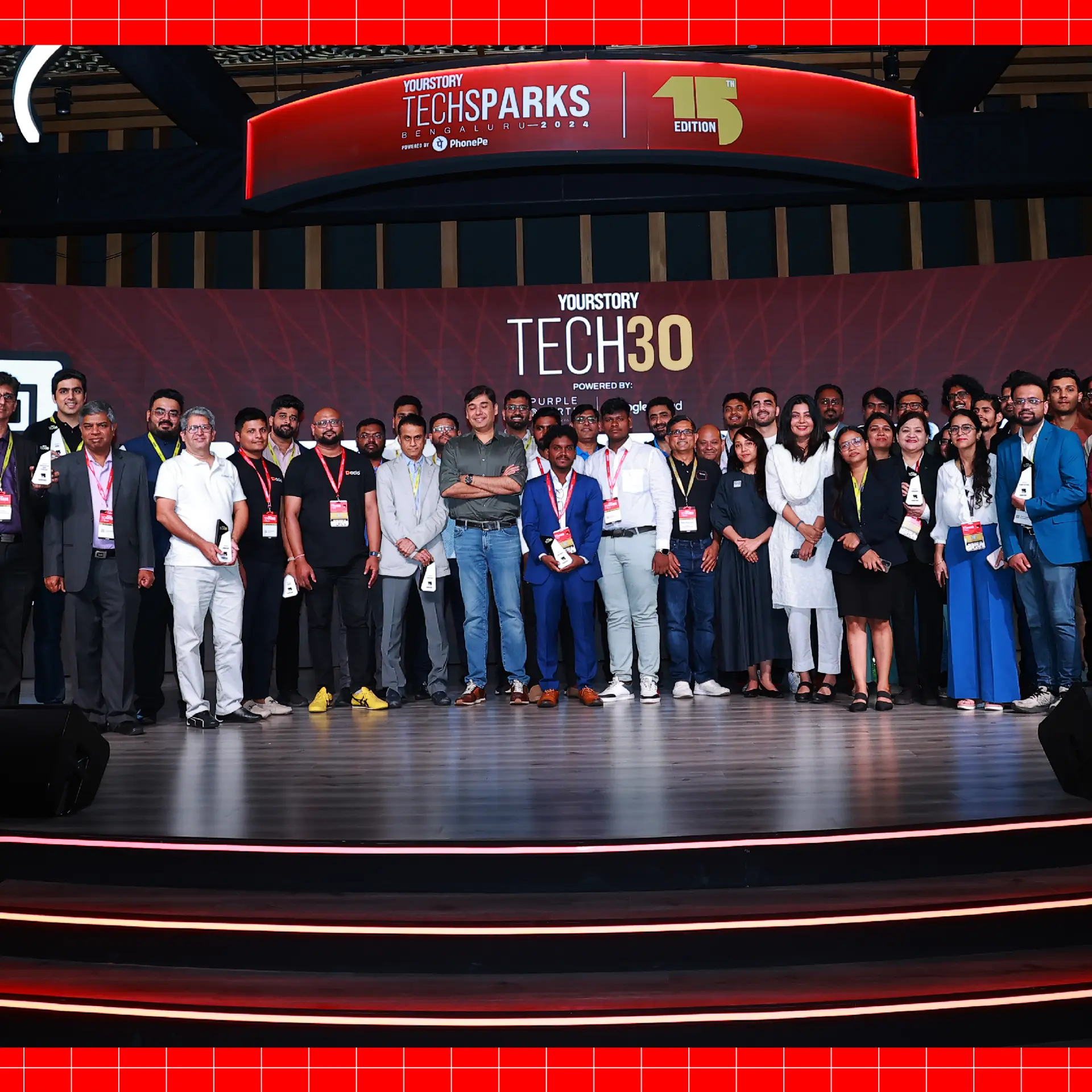'Solve the right problems': CCI's Anil Agrawal on leadership, challenges, and creating tangible change
Anil Agrawal, a Member of the Competition Commission of India, shared insights on leadership and leading change in emergency services for 250 million people, at the 15th edition of YourStory’s annual TechSparks summit in Bengaluru.
Anil Agrawal, a Member of the Competition Commission of India, shared a key leadership lesson at TechSparks 2024: If you are solving a problem, focus on the right questions to be answered and the right problems to be solved. If you are not solving the right problem, you are not doing the right thing.
Agrawal, a multifaceted leader with a distinguished career, has previously served as the Director General of Police and as Additional Secretary at the Department for Promotion of Industry and Internal Trade (DPIIT). He played a pivotal role in establishing UP-100 (now UP-112) and founding the Open Network for Digital Commerce (ONDC).
Speaking at the 15th edition of YourStory’s annual TechSparks summit in Bengaluru, Agrawal recounted the journey of conceptualising and launching UP-100, a statewide initiative designed to provide swift emergency services to citizens across Uttar Pradesh.
While serving as Additional Director General of Police Traffic in Uttar Pradesh, Agrawal identified multiple flaws in the emergency response system.
Many calls to the emergency number 100 were left unanswered due to non-functional control rooms, faulty telephone lines, or inadequate staffing. For those who did get through, the responses often lacked empathy, leaving callers feeling blamed for seeking help. Additionally, the discretionary response protocols created uncertainty about whether assistance would arrive at all.
“If you want to improve the image of the police, you have to improve your services; only then will the brand improve. So, you have to solve the right problems,” he remarked, during a fireside chat with Shradha Sharma, Founder and CEO of YourStory.
To begin addressing the problems, Agrawal travelled to Bengaluru to look at B-TRAC, the country’s first project aimed at tackling issues of traffic congestion and safety. He also met with Hari Menon, Co-founder of BigBasket.
“I went to Hari’s warehouse, and he showed me how, when an order comes on his website, it is handled inside the warehouse. How is it that he sources vegetables?...How is it basketed? And how is it sent to the customers?” Agrawal recalled.
He also observed the 108 ambulance service in Hyderabad, where ambulances stationed across the state ensure that help reaches citizens within 15 to 20 minutes of a call. “These things changed my perspective on solving the right problem for the citizens from the police’s point of view,” Agrawal noted.

Anil Agrawal, a Member of the Competition Commission of India; Shradha Sharma, Founder and CEO of YourStory
Solving the right problem
Drawing on these insights and with support from the government, Agrawal spearheaded the creation of a state-wide centralised emergency response system for the 250 million people of Uttar Pradesh. The IT system was outsourced to Tech Mahindra, and the contact centre staffed 100% women employees working round the clock.
Today, UP-100 handles 85% of all emergency calls, significantly reducing the workload on police stations and enabling them to focus on other crimes and matters, Agrawal shared.
The initial goal was to achieve a response time of 20 minutes in rural areas and 15 minutes in urban areas. Currently, the average response time across the state is just 10 minutes, with 60% of calls coming from rural areas that were previously underserved due to the lack of a robust response system.
Agrawal recounted a specific incident where a newly married woman called the centre, fearing that her in-laws were planning to kill her. “The vehicle goes in 15 minutes, rescuing the girl and arresting everyone [involved]. This was unimaginable before,” he shared.
There were challenges along the way, including resistance at various levels within the police, but these were eventually resolved, he shared.
“We built a contact centre where you can connect through Facebook, WhatsApp, and all social media channels. We believe that just as you feel comfortable connecting with any of your family members, you should be able to connect with us,” Agrawal stated.
Edited by Jyoti Narayan







